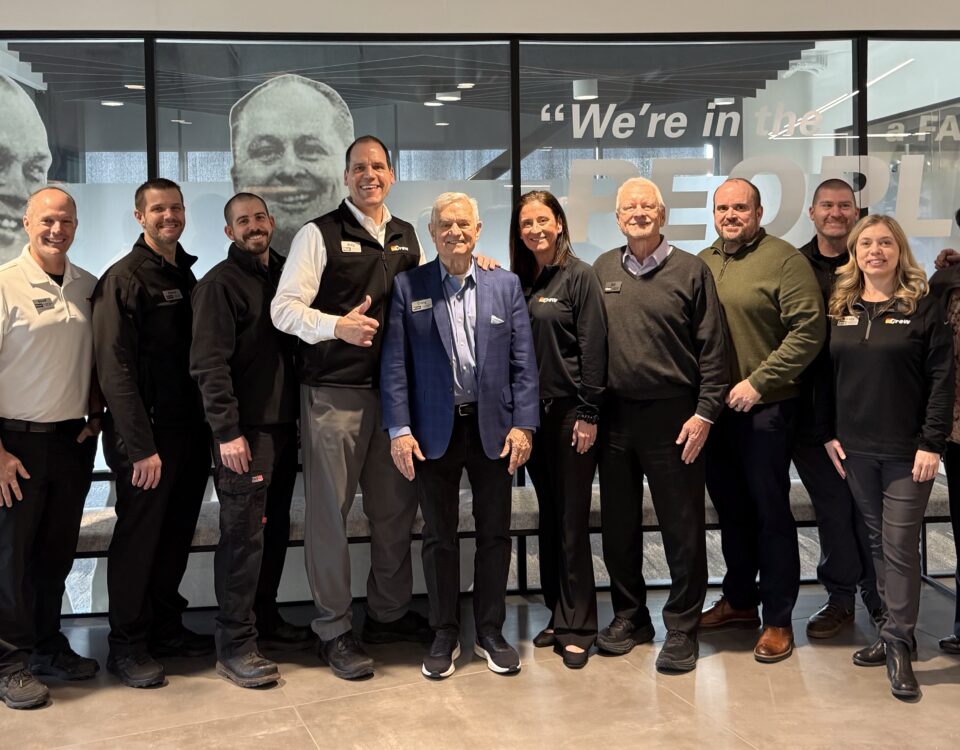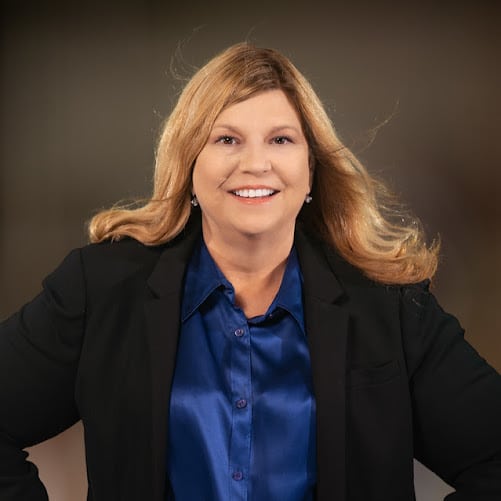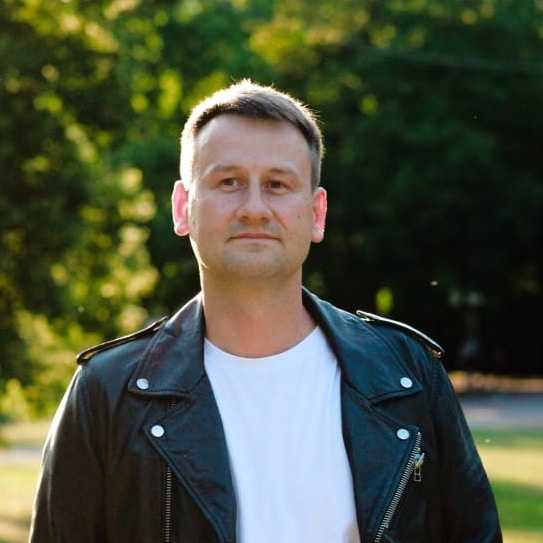
5 ways to liberate your team from email overload
June 2, 2014
5 ways to help your employees’ salaries go further
June 12, 2014Best Email Tips; Best EO Chapter; Best Leadership Skill; Best Biz Magazine
"…keeping you great"
HEADLINES:
Which is the Best EO Chapter? — see below, but first…
5 Tips For Handling Email Overload — my latest FORTUNE Venture column is on the newsstand and online – take 2 minutes to garner the details behind five specific ideas for reducing email throughout the company:
- Quit trying to solve problems by email
- Use hyper-specific subject lines
- Insist on extreme brevity
- Ban emails with multiple parts
- Close the conversation quickly
Thanks to Joseph McCormack, author of Brief: Make a Bigger Impact by Saying Less, for his contributions to this column.
EOM (End of Message) — from my column I specifically like the use of EOM in the Subject line when you want to simply acknowledge, thank, or have a few word response to an email i.e. "Confirming June 16, 10am ET call EOM." This way people know they don't need to open the email since the answer/response is solely in the Subject line. Hint: Spell out EOM the first time. It'll save you from getting a bunch of responses asking what "EOM" means.
Any Work Left for Humans? — now that driver-less cars are safer than human-driven ones; and computers can predict Supreme Court decisions better than legal scholars – maybe there isn't much left for people to do. Geoff Colvin, one of FORTUNE's top writers, tackles this question in the latest issue of FORTUNE. What does this mean for your company? Technology-assisted everyone!! Technology-assisted surgery; technology-assisted legal; technology-assisted accounting (we're not talking about more spreadsheets). You WILL have less people assisted by more sophisticated technology – or you will be run over by a competitor who does this before you (yes, we're working on a technology solution to assist our coaching partners). Take 5 minutes to read through this article.
What Human Skills Are Needed? — To quote research highlighted in the FORTUNE article, "Consider the skills in highest demand over the next five to 10 years as specified by employers in a recent survey by Towers Watson and Oxford Economics. Those skills didn't include business acumen, analysis, or P&L management. Instead, relationship building, teaming, co-creativity, cultural sensitivity, and managing diverse employees were all near the top.' This is precisely why Professor George Kohlrieser, who keynoted our European Growth Summits and is author of one of my two favorite leadership books Care to Dare, exclaimed that THE most important skill of a leader is the ability to bond with others (something all first time supervisors must learn to do). As a former hostage negotiator, bonding with the hostage-taker is the primary job – and it must be done quickly. FYI, hostage negotiators are 95% successful in getting the hostage taker to put down their weapon and be arrested. So have all your leaders/managers read George's book along with Mark Goulston's (hostage negotiation trainer) book Just Listen.
The New FORTUNE — I've always felt that FORTUNE is the best business magazine in the world since its editors and writers dig deep to uncover practical insights you can use to power your business and career – and why I often point you to many of their articles. This week an all new FORTUNE.com was launched – providing unrivaled access to premium business news, insight, analysis, and more. Spend an hour each week on the site scanning through articles of interest – an important routine in out-learning your competition.
Attention YPOers — Dec 3 – 5 is the next "Making the Rockefeller Habits Rock" workshop exclusively for YPO teams. It's being held in New Orleans this year – and limited to the first 15 teams to sign-up. And my new book, Scaling Up, will be published by then – the first significant update to the Rockefeller Habits in a dozen years. Here's a link for more info – requires your YPO login info.
Best EO Chapter in the World — I've visited a large number of EO chapters throughout the world and I think I've found the most business savvy of them all – Western NY (Buffalo and Rochester). The EO members in that chapter get it – they are building "hidden champions" – growing companies focused on hyper-specialized niches and then chasing a select group of customers around the globe. Examples:
|
|
Amy Castronova — CEO of Novatek Communications focused on creating technical and process documentation and training for ONLY medical device companies David Mammano — founder of Next Step Education Group which helps high school students, parents, and counselors figure out options after graduation (college, career, military, etc.) David Rivers — founder of KegWorks, they are the #1 website in the world providing equipment and supplies for home bars Brian Brault — CEO of PURE, they focus on providing processes and technologies to create the cleanest hotel rooms in the world Michael Linehan — founder of Premier Laser Spa, which is expanding across the entire east coast of the US |
Many, many more of their members are equally laser focused and expanding rapidly outside their immediate geography. They credit the lack of a local market and growing up around firms like Kodak. How hyper-specialized are you? And how geographically-broad are you expanding? These are two key ways to drive increased gross and net profits.
COACHING:



